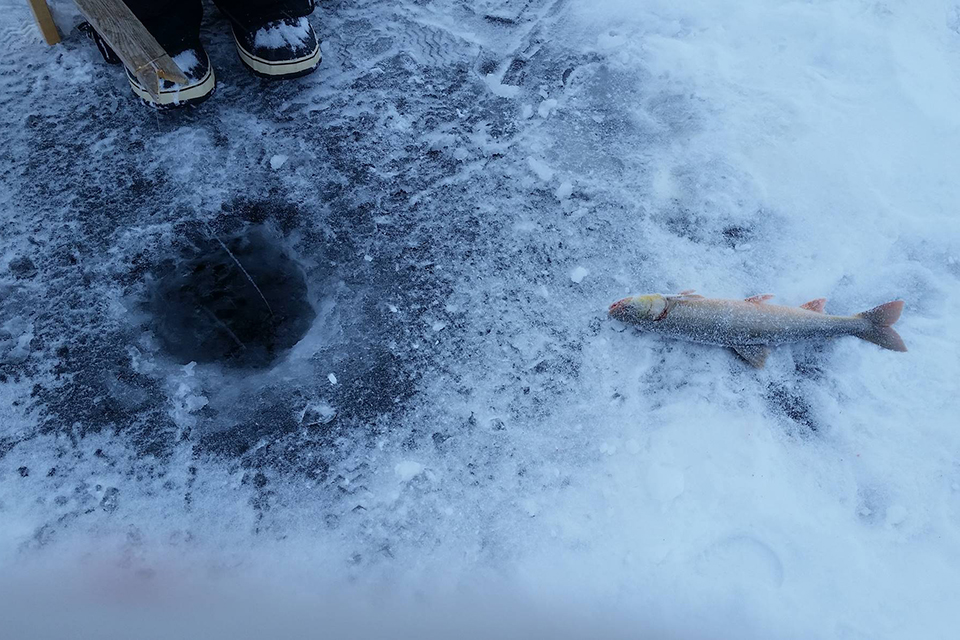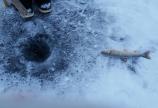UVic experts on Indigenous language revitalization
Human and Social Development, Libraries, Humanities, Fine Arts

National Indigenous Languages Day was first celebrated on March 31, 1993. The following University of Victoria experts are available to media this week for comment on the following themes. They are among the many at UVic who work closely with Indigenous communities, Elders, students, community-based researchers, community language experts and educators on the revitalization of Indigenous languages.
Kirsten Sadeghi-Yekta (Theatre) is an applied theatre practitioner who specializes in Indigenous theatre and language revitalization, theatre in war and (post-)conflict zones. She is leading a multi-year Social Sciences and Humanities Research Council project with Hul’q’umi’num’ communities finding ways to use theatre as a tool for Coast Salish language reawakening. (By email at ksadeghi@uvic.ca)
Ry Moran (Libraries) is an expert on truth and reconciliation in Canada and is the inaugural associate university librarian – reconciliation at UVic. As the former director of statement gathering for the Truth and Reconciliation Commission and the founding director of the National Centre for Truth and Reconciliation, Moran has maintained a long-standing commitment to the protection, revitalization and resurgence of Indigenous languages. (By email at rymoran-aulr@uvic.ca)
Sonya Bird (Linguistics) is a linguist and expert on Indigenous languages spoken in Canada, with decades of first-hand experience working with Indigenous communities across BC. Bird’s community-grounded research focuses on pronunciation in the context of Indigenous language revitalization and on overcoming barriers to fluency for learners of Pacific Northwest languages. She can comment on a wide range of topics related to Indigenous languages and Indigenous language revitalization, including the current state of academic research in this field, the role of community-based partnerships and the rise of Indigenous language-based social justice movements. (By email at sbird@uvic.ca)
Suzanne Urbanczyk (Linguistics) is a linguist and expert on Indigenous language revitalization on Vancouver Island, with decades of first-hand experience working with local Salish and Wakashan communities. Her research focuses on word structure, writing and pronunciation of the Salish languages ʔayʔaǰuθəm (Mainland Comox), and Hul’q’umi’num’ (Island Halkomelem), and the Wakashan languages Nuu-chah-nulh and Kwak̓wala. She is available to speak about past and present Indigenous language revitalization efforts in BC, the collaborative role of universities and academic researchers in supporting Indigenous language revitalization, and the use of archival and historical documents in these efforts. (By email at urbansu@uvic.ca)
More about Indigenous language revitalization at UVic
Guide to Indigenous languages in Canada (released in 2018)
-- 30 --
Photos
Media contacts
Tara Sharpe (University Communications + Marketing) at 250-721-6248 or tksharpe@uvic.ca

